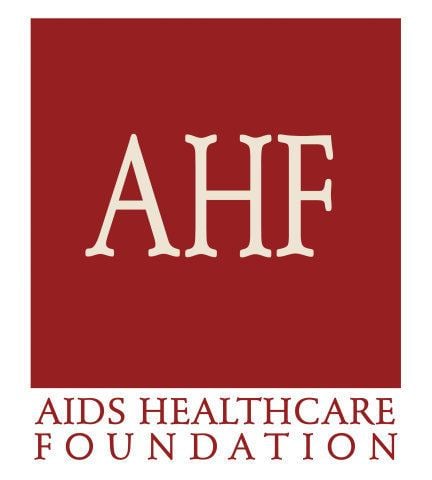The AIDS Healthcare Foundation (AHF) has hit a major global milestone, now providing life-saving HIV prevention, care, and treatment to 2.5 million people worldwide. Out of this figure, more than 1.3 million are in 15 African countries, making the foundation one of the biggest drivers of improved health outcomes on the continent.
The milestone reflects not just medical treatment, but restored hope, preserved families, and stronger communities in the fight against HIV/AIDS.
From Hospice to Global Impact
AHF began in 1987 in Los Angeles as the AIDS Hospice Foundation, caring for patients during the height of the global epidemic. Nearly four decades later, it has grown into the world’s largest HIV/AIDS service organisation, with more than 8,000 staff providing non-judgemental, compassionate care regardless of ability to pay.
Its global impact now cuts across 49 countries, built on partnerships with governments, civil society, and grassroots communities. The foundation is also known for its robust advocacy initiatives, ensuring that equitable access to healthcare remains central to global HIV and public health discussions.
“Hope Can Shine in a Challenging World” – AHF President
Reflecting on the journey, AHF President Michael Weinstein said the achievement underscores the organisation’s resilience and commitment:
“When we began, I never imagined we’d touch 2.5 million lives. This milestone, born of our staff’s courage and our patients’ trust, demands recognition. We’ve stayed true to our principles, proving hope can shine in a challenging world. Yet, our journey continues. AHF is tackling STIs, hunger, homelessness, and the global HIV epidemic with relentless resolve.”
Africa at the Heart of AHF’s Success
Africa remains at the core of the organisation’s work. In countries such as Malawi, life expectancy has increased from 46 years to 67 years in just 25 years, largely due to improved access to HIV treatment and prevention. More families are staying together as parents survive longer, while children once orphaned by HIV now grow up with their families intact.
Dr Penninah Iutung, AHF Executive Vice President, recalled the modest beginnings of AHF Africa:
“When we launched our first global programmes in South Africa and Uganda in 2002, serving 100 clients in each country, we could never have imagined expanding to 13 more African countries. AHF Africa now delivers programmes beyond clinical care to include community-led prevention, equitable access strategies, and pandemic preparedness. Our success reflects deep collaboration with governments and civil society, reaching the most marginalised and ensuring no one is left behind.”
South Africa’s Leadership in Prevention
In South Africa, where the HIV epidemic remains among the world’s most severe, AHF continues to scale its interventions. Dr Nombuso Madonsela, AHF South Africa Country Program Director, described the foundation’s approach:
“Being part of this historic milestone is a privilege. AHF South Africa remains steadfast in championing combination prevention, reducing new infections, and ensuring quality service delivery for all in our care. Through our Community Power Voices initiative, we amplify the stories and triumphs of those living with HIV. Ending HIV is not just a dream, it is a promise we are determined to keep.”
Looking Ahead
Despite this milestone, AHF leaders insist that the mission is far from over. The foundation plans to expand services, break down structural barriers, and develop new strategies to sustain the global fight against HIV/AIDS.
With persistent inequalities in access to health services and emerging global health threats, AHF’s future plans include more innovations in prevention, sustainable financing models, and stronger collaborations with governments and communities.
For millions living with HIV, this milestone represents not just medical progress but a renewed promise that the world can and will end HIV as a public health threat.
